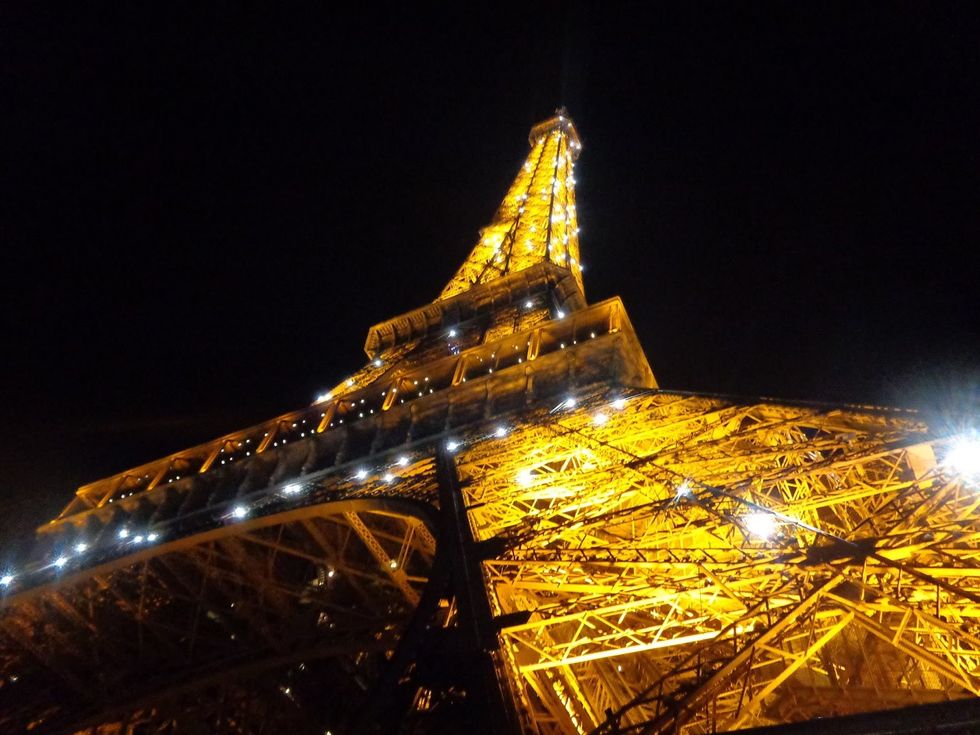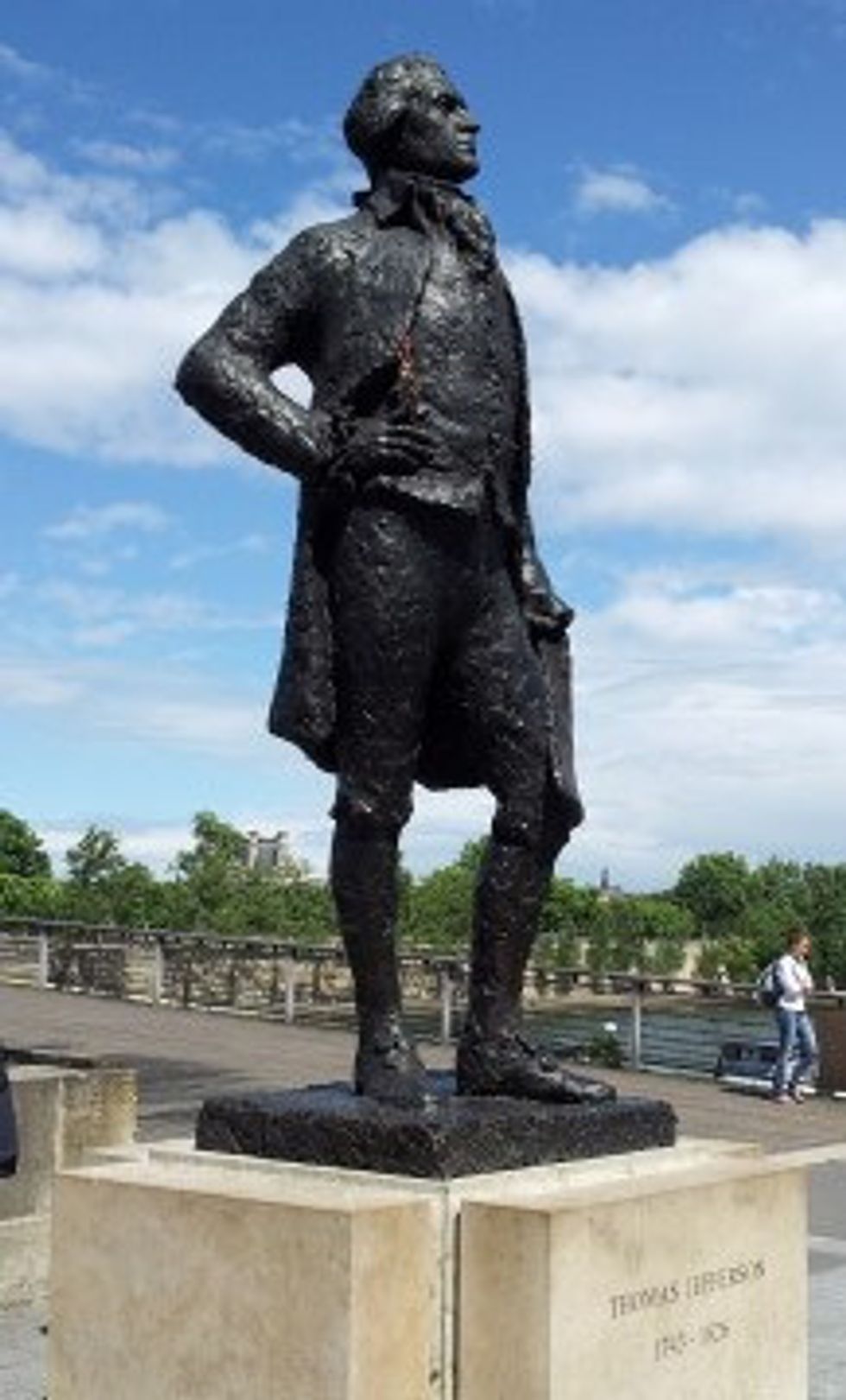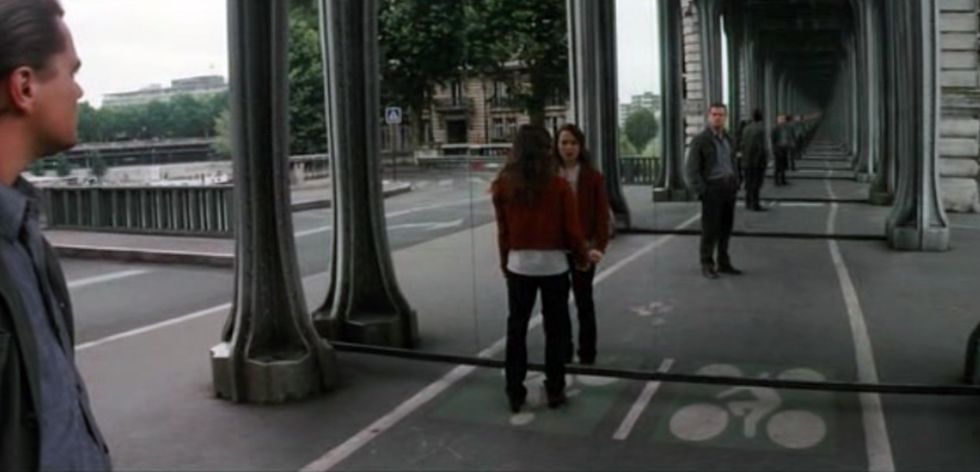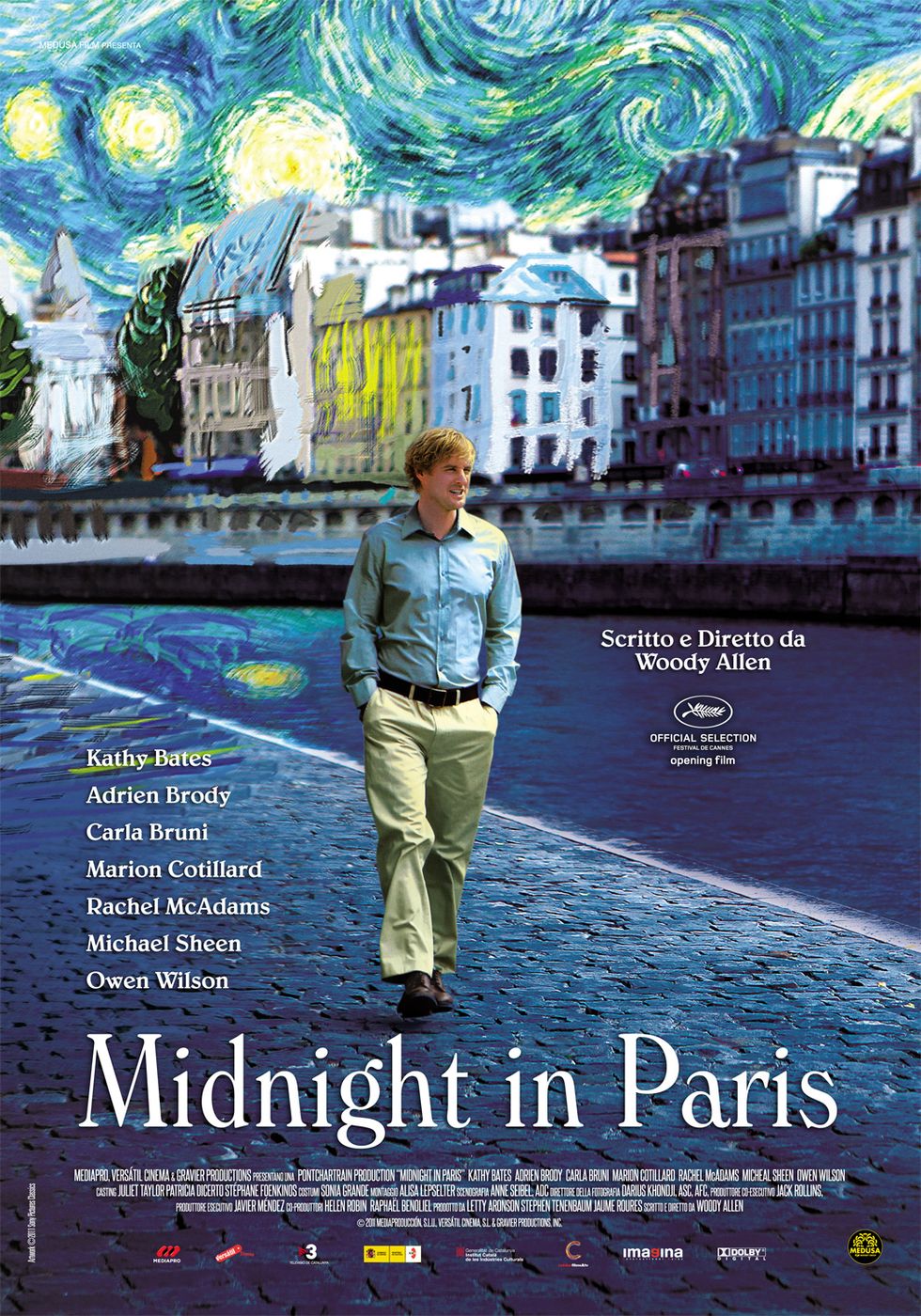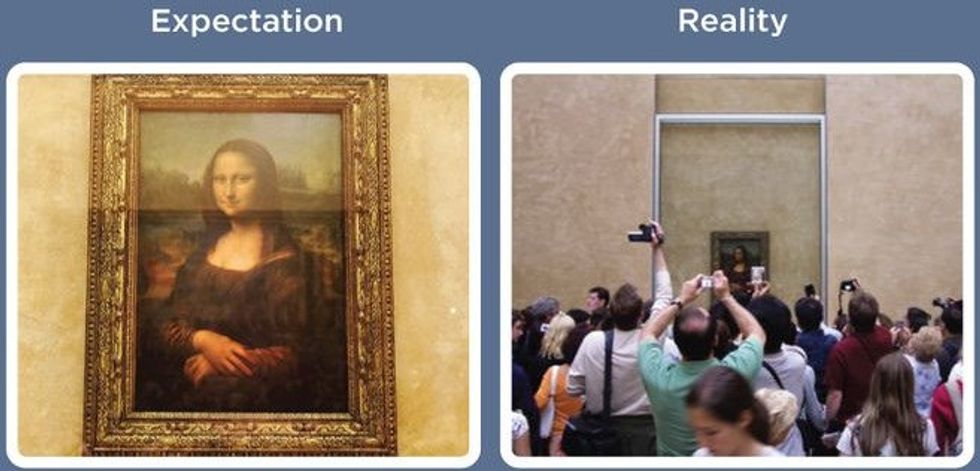When I told friends and family I was going to study abroad in Paris, they were in awe and quick to list and praise every aspect of the city of which the person could think: the food, culture, museums, fashion, language, etc. I thanked them and preceded to list the aspects I was most interested in: the French government, the Euro Zone, and immigration policy.
Paris, France has permeated the fabric of American life. From the easily recognizable Parisian brands on American department store shelves, to over-representation of French stories in American news, to the movies, to an innumerable amount of blogs that are written by Americans serenading Paris.
France has an enormous impact on culture, food, and wine and is the most popular tourist destination in the world. As FiveThirtyEight points out, France’s population, economic activity, and political importance are in line with, or perhaps a touch behind, those of Germany and the United Kingdoms in Europe. Data can’t easily capture what makes France and Paris so special.
A critic might point out that there are clear metrics supporting what makes France so special, such as France has the most Nobel Laureates in Literature, the sexiest accent according to the Western World, the second most Michelin 3-Star restaurants, and the fourth most number of UNESCO World Heritage Sites. My rebuttal is that the Nobel Prize, Michelin Guide, and the UNESCO al have strong European (and French impractical) biases thus we ought not to accept these metrics as proof of French exceptionalism.
I agree with FiveThirtyEight; I do not think France is inherently exceptional. In this post, I explore why the world (and specifically America) is so enthralled by the idea of Paris and all things French. There is a certain je ne c'est quoi surrounding Paris which has enchanted Americans for centuries.
Americans love of Paris can be traced back to the founding fathers and third President, Thomas Jefferson. He lived in Paris for five years (August 1784- September 1879) and remarked, “arguably the most memorable of his life. Paris—with its music, its architecture, its savants and salons, its learning and enlightenment, not to mention its elegant social life.”
In The Greater Journey, David McCullough tells the story of American artists, writers, doctors, politicians, and architects, and others of high aspiration who went to Paris in the 19th century. As the New York Times notes “For most of McCullough’s travelers, Paris represented a great awakening — the blood-tingling beauty of it all! — but also an education, an invitation to see the world anew. Any doctor worth his weight salt hoped to study there.”
In Why France? American Historians Reflect on an Enduring Fascination, Laura Lee Downs and Stéphane Gerson go into more detail about how in the 1930’s American universities were promoting study abroad programs in “an official French campaign to create Francophile elites in the United States — and lessen German intellectual supremacy.”
A historical overview merely scratches the surface of why Americans love Paris. I believe that Hollywood is the main culprit behind the romanticization, of Paris. I am sure everyone is familiar with the iconic American in Paris troupe. Alain Wirsbicki explains how Paris provides the perfect backdrop for an American going on a journey and finding him or herself as the unintentional hero or heroine of the story. Why Paris? Because the United States is a nation with few French immigrants (less than 3% of the United States Population have French ancestry), movies set in Paris feel more like an adventure rather than a coming home experience, more so than a setting of say London, Berlin, or Rome. At the same time, Paris is not seen as a threatening place. As Cody Delistraty puts it, “Everything in Paris is close enough to the American equivalent where it’s still accessible, not too foreign – it can still act as a screen to our desires. But there are slight differences. There are of course the obvious differences: the Eiffel Tower is not the Empire State Building, the Seine is not the Hudson, but it’s the smaller things in quotidian life that throw the visiting American for a loop.” American audiences seem to agree, Paris serves as the setting for Academy Award best-picture nominees more than any other non-Anglophile city.
From science fiction thrillers like Inception to romantic comedies like Midnight in Paris, Hollywood movies often gloss over the rougher edges of life in Paris and instead focus on the finer aspects of life. Hollywood created and perpetuated a highly romanticized, mythical Paris which is free of strife, politics, and the burdens of day to day life. The Chainsmokers were spot on in a Facebook post about their hit song, so eloquently titled “Paris.” “We used Paris as a metaphor […] Paris, always being this romantic idealized place, the song is about escaping your reality, a reality often void of excitement and in your mind being somewhere else with someone else.”
I believe Americans have bought wholeheartedly into this ideal. French is considered the sexiest language and for many the French are seen to be sexy. This is not hard to believe given French actors roles in American romantic comedies and other pervasive stereotypes such as the French maid (compared how Germans and the German accent is portraying in American cinema). Every year over 2.3 million Americans visit France; making France the third most visited place by American travelers. Additionally, considering how many listicles there are on how to be more French, there is a clear demand from the American public to have a little Paris in their own lives.
When foreigners come to the City of Lights expecting to find the highly romanticized Hollywood version of Paris they are in for a rude awakening. The shock of learning that Paris does not live up to the rose-tinted image can cause disappointment and in rare cases, visitors can experience Paris Syndrome, a very real illness with symptoms ranging from acute delusional state, hallucinations, anxiety, dizziness, and sweating. Whereas this is a very extreme example of the harm that is caused by the romanticization of Paris, there are other more pernicious harms.
I believe this characterization of Paris is particularly damaging to the Parisians. With these stereotypes and Hollywood versions of Paris, we overlook the real people and their struggles which the movies and listicles fail to represent. Not all French people: are white, wear high fashion, or are stick thin. French society is not homogenous and free from conflict, and there are certainly questionable aspects of French culture. I believe that Americans (and other foreigners) do the French a huge disservice by overlooking large swaths of the people, culture, and society.
In this blog, I hope to provide a more realistic view of Paris, stripped from the varnish to show the true beauty as well as the pitfalls of Paris and French society.


